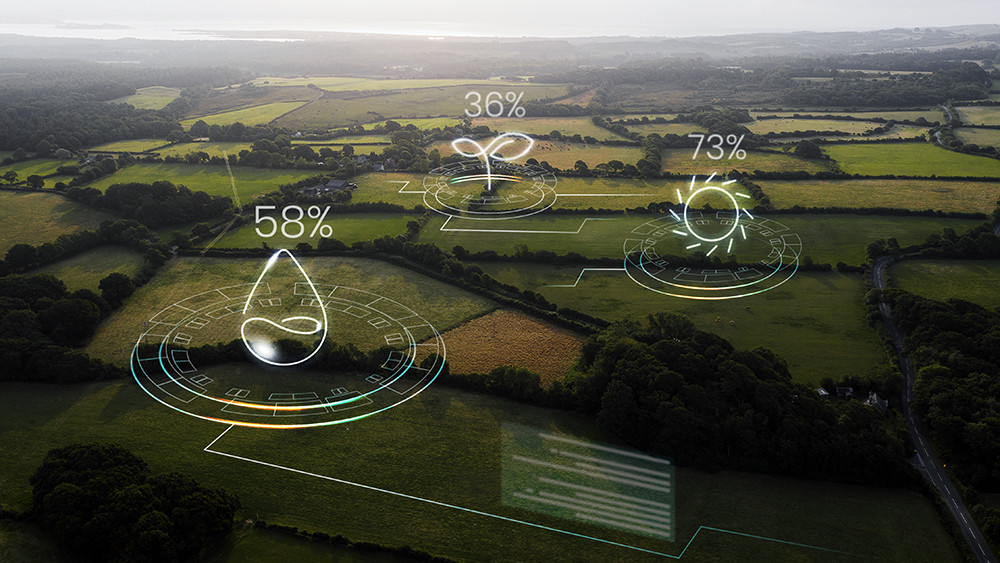Research into the use of quantum AI for crop yield prediction

Predicting crop yields is crucial to local, regional and global decision making, as it helps to ensure food supply. Knowing the future yield of a crop not only helps a farmer make making informed economic and management decisions: it also helps nations in their efforts to combat hunger.
As part of the project AgrarIA, we are working on a proof of concept for agricultural crop yield prediction using quantum computing. The aim of this pilot project, which is being carried out by GMV and CSIC, is to process satellite images to develop a crop yield predictor based on quantum machine learning, or QML.
To carry out this proof of concept, a pre-processed public satellite image dataset will be used, a QML-based predictor will be developed, and an evaluation and interpretation of results will be carried out. Likewise, an extension of the prediction model will also be made by incorporating other data: weather, multi-spectral imaging, risk data, etc.
“In this process we will make comparisons between the predictions obtained by quantum models with the classical state of the art. This will allow us to explore new methods for incorporating image information into quantum algorithms, as well as new quantum and quantum-inspired machine learning paradigms, while advancing the state of the art of AI in agriculture,” explain Ángela Ribeiro and Juan José García Ripoll, CSIC researchers.
In agriculture, the aim is to constantly develop tools that can be useful in managing the crop and that can make predictions of the weather conditions that will influence the crop, so as to implement systems that are much more efficient and adapted.
What does the AgrarIA project consist of?
AgrarIA is a project led by GMV and funded through the R&D Missions in Artificial Intelligence Program of the State Secretariat for Digitalization and Artificial Intelligence (SEDIA) of the Ministry of Economic Affairs and Digital Transformation, corresponding to the funds of the Recovery, Resilience and Transformation Plan. This project seeks to explore the applicability and viability of artificial intelligence (AI), together with other technologies related to Industry 4.0, in real solutions to define new methods of agricultural production that will make the future Spanish agri-food sector more technologically-oriented, innovative, sustainable and committed to energy efficiency and the reduction of the carbon footprint.
The consortium involves 24 entities including large companies, SMEs and research centers with the common interest of strengthening the productivity of the Spanish agri-food sector through R&D activities. The engineering and technology companies (1A Ingenieros, Agerpix, Codesian Software Tech, Celtiberian Solutions, Dronetools, Emergya Grupo, GMV, HelixNorth, Hispatec, I-Solagua, LB-Bagging, Secmotic and TEPRO); the producers and processors (Familia Torres and Florette Ibérica); biotechnology companies (Sylentis and Kimitec) and distributors (Casa Ametller of the Ametller Origen Group, Kivnon Logística and Primafrio), which have the support of two research bodies (CSIC and ITCL) and two public universities (Universidad de Salamanca and the Department of Physical Geography and Regional Geographical Analysis of the Universidad de Sevilla).
About CSIC
The Spanish Higher Scientific Research Council (Consejo Superior de Investigaciones Científicas, CSIC) is the largest public research organization in Spain, the fourth largest in Europe and the seventh largest in the world. The CSIC's mission is to promote, coordinate, develop and disseminate scientific and technological research in order to contribute to the advancement of knowledge and to economic, social and cultural development.